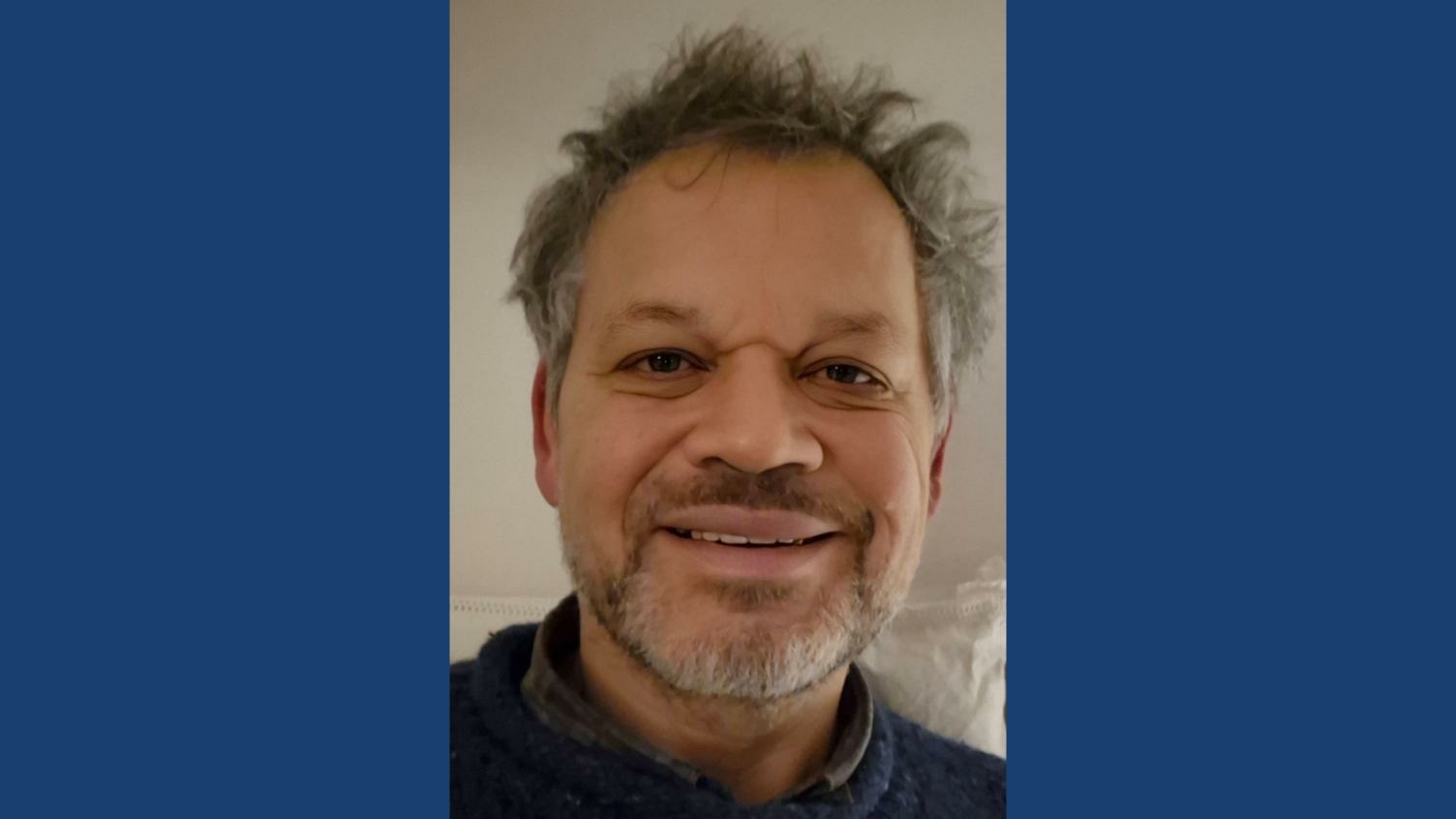"If everybody said no to research, you wouldn't have any answers"
- 15 June 2023
- 2 min read
A former nurse has urged others to get involved in research after participating in a diabetes trial.
Mary's Chamberlain's involvement in diabetes research stems from seeing progress made treating the condition during her nursing career
"I think you should always help with research if you can," says Mary Chamberlain. She is well-placed to make the claim.
A former nurse, Mary saw research make a positive impact on the lives of patients throughout her 45-year career, during which she worked in specialties as diverse as ophthalmology and the care of older people.
"I started training in 1961 at what was then known as The London Hospital [now The Royal London Hospital and part of Barts Health NHS Trust]," Mary explains. "Life and diet were much simpler. The country was still recovering after the Second World War, and there wasn't the choice in things like takeaway food that there is now. Type 2 diabetes wasn't so prevalent, though we still saw a fair bit of type 1 because they had a metabolic centre at the hospital then.
"Back then, diabetes was a complex illness and you had to do continual mathematical equations to work out how best to treat a patient. Now, people are walking around with conditions that they would have died of 60 years ago."
Mary was diagnosed with type 2 diabetes at the age of 65 and, while it is well-controlled, she was keen to get involved in research to help the patients of the future. She says:
"If everybody said no to research, you wouldn't have any answers. If you've got something to offer to researchers, that's a good feeling."
To that end, Mary took part in the ASCEND study into cardiovascular events in diabetes and has also taken part in the SENgen study, supported by the National Institute for Health and Care Research, which looks at the immune system's ability to fight viral and bacterial infections in people with diabetes. This latter study took place at Barts Health NHS Trust. Of her nursing career, she said: "I never wanted to do anything else and I never regretted it."
Mary, who turned 80 earlier this year, is a member of the Barts Health NHS Trust/Queen Mary University of London Diabetes Lay Panel Group. Through this she is currently providing feedback on a doctoral thesis, in particular making the language within it simpler and easier to understand.
"My advice to anyone considering research is 'go for it'", Mary, who lives in the Kent town of Tunbridge Wells with her husband Tony, added. "People could have a better life in 10 years because of what you do now."
• To find out more about diabetes research happening in your area, visit the NIHR's Be Part of Research website.


